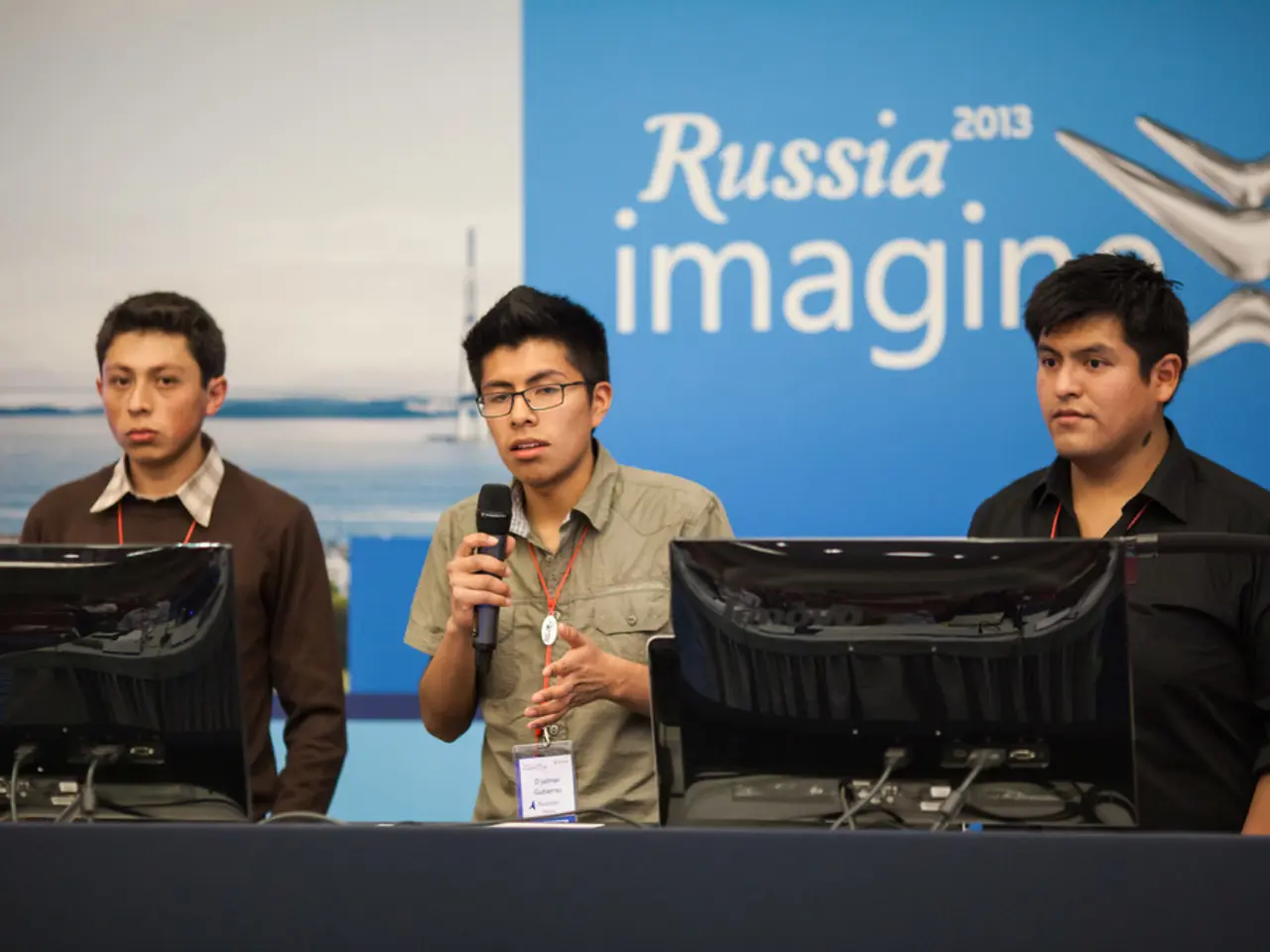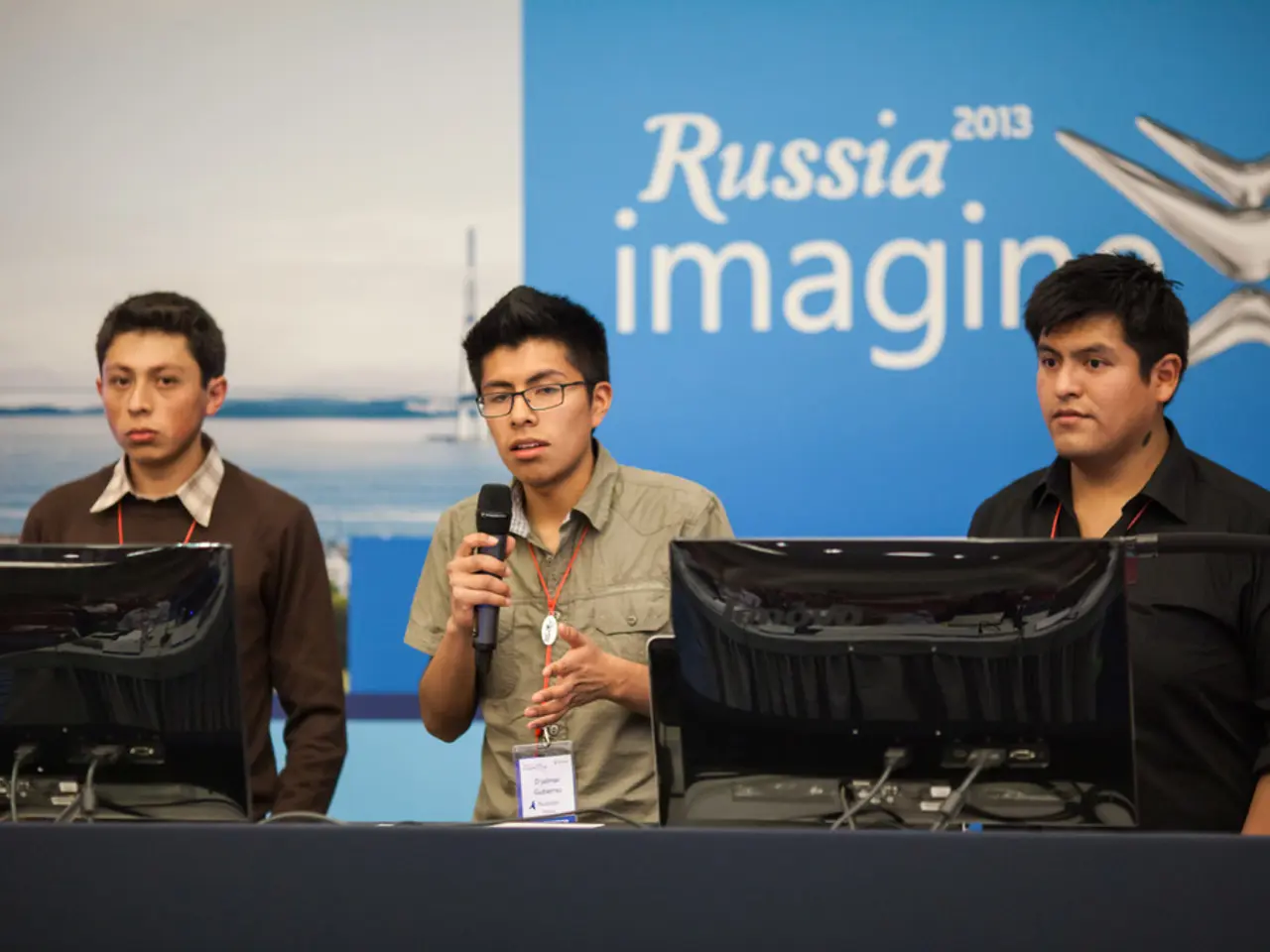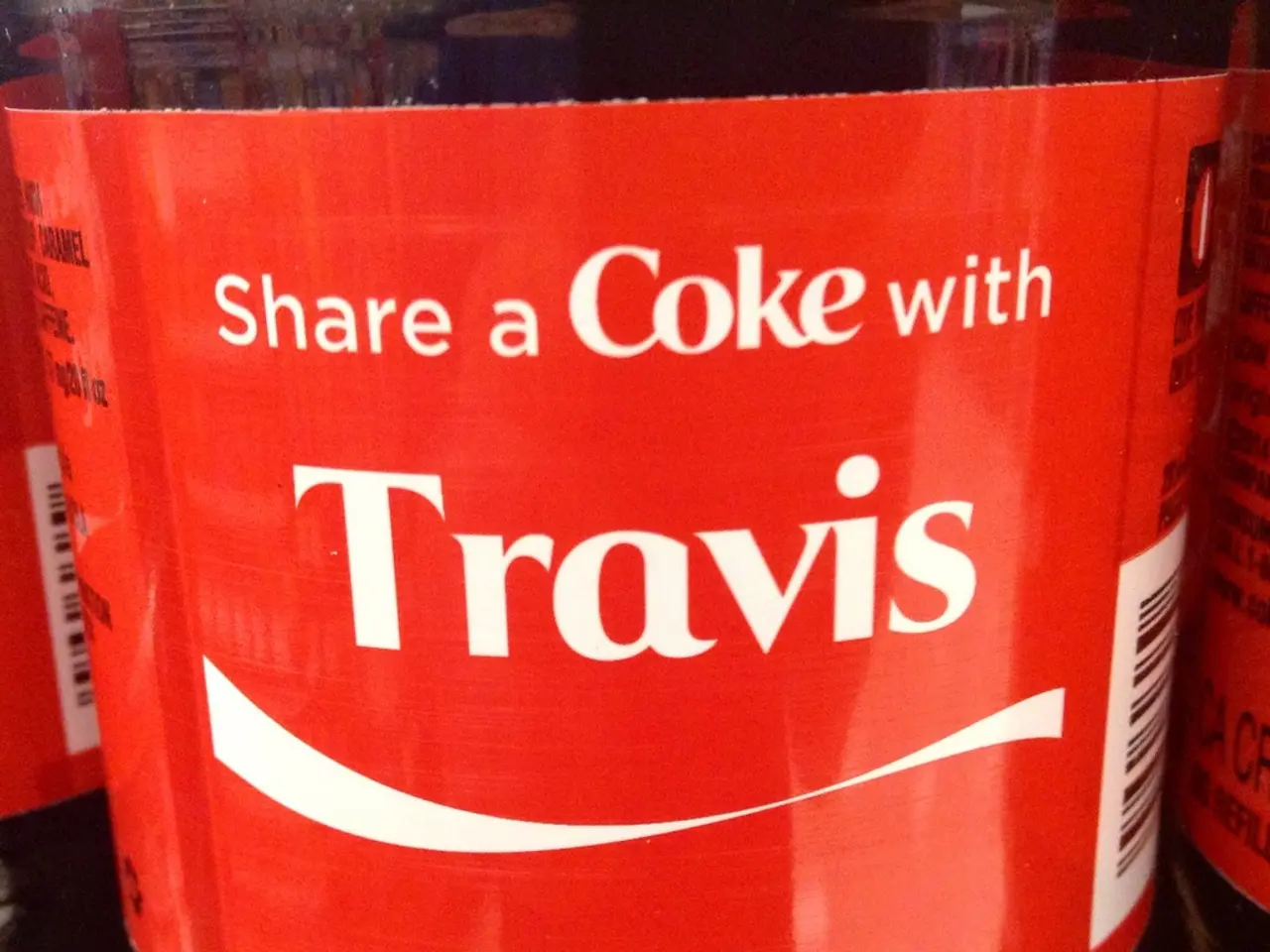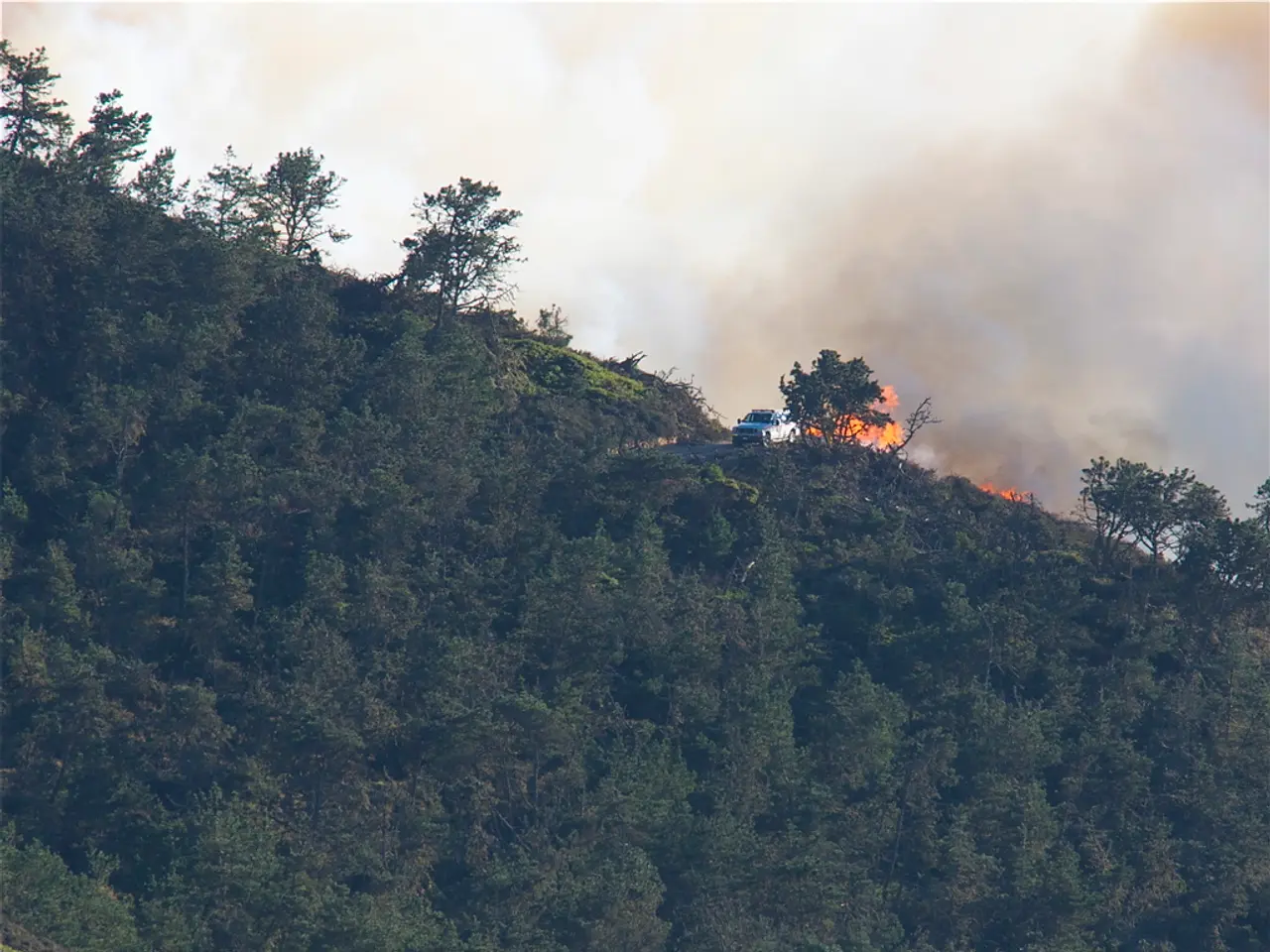Germany momentarily halts military equipment shipments to Israel, restricting their utilization in Gaza
Germany has taken a significant step in its foreign policy by imposing a partial arms exports ban to Israel, specifically to suspend approval of military equipment exports that could be used in the Gaza Strip. This move comes in response to Israel's Security Cabinet decision to take over Gaza City and intensify its military operations there.
The announcement was made by German Chancellor Friedrich Merz on August 8, 2025. Merz justified the suspension by citing Israel’s “even tougher military action” in Gaza and expressing concern that these intensified operations make it increasingly difficult to see how the objectives of dismantling Hamas and securing hostages' release can be achieved. He reaffirmed Israel’s right to self-defense against Hamas terrorism but emphasized humanitarian concerns and the need for unrestricted aid access to civilians in Gaza.
The ban targets any military equipment that could be used in the Gaza Strip. While the announcement did not list detailed categories, it implies a broad suspension on military exports potentially applicable in Gaza’s conflict zone. However, some reports note Germany has not explicitly suspended existing export licenses issued prior to this announcement, such as for submarines, which may complicate the full scope of the embargo.
Germany's decision marks a change of course from being one of Israel's staunchest international allies. In recent years, Germany accounted for approximately a third of Israel's incoming arms supply from 2020 to 2024. The ban is reflective of international criticism and humanitarian concerns related to the Gaza conflict.
Merz's top priority is the release of hostages and determined negotiations for a ceasefire. He also urged the Israeli government not to take any further steps toward annexing the West Bank. Merz expressed concern for the ongoing suffering of Gaza civilians and believes that the Israeli army's tougher military action in the Gaza Strip makes it difficult to achieve these goals.
This move by Germany follows France becoming the first G7 country to recognize Palestinian statehood, adding to the growing international pressure on Israel. The Israeli government's plan has prompted international condemnation and opposition from hostage families. A clear majority of Germans believe that the chancellor should increase pressure on Israel, with the fate of hostages in Gaza being the main concern.
[1] BBC News, "Germany imposes arms export ban on Israel over Gaza operations," August 8, 2025, https://www.bbc.co.uk/news/world-middle-east-61052066
[2] Reuters, "Germany halts arms exports to Israel over Gaza operations," August 8, 2025, https://www.reuters.com/world/middle-east/germany-halts-arms-exports-israel-over-gaza-operations-2025-08-08/
[3] Deutsche Welle, "German submarine exports to Israel remain unclear amid arms embargo," August 10, 2025, https://www.dw.com/en/german-submarine-exports-to-israel-remain-unclear-amid-arms-embargo/a-61207401
[4] The Guardian, "Germany suspends arms exports to Israel over Gaza operations," August 8, 2025, https://www.theguardian.com/world/2025/aug/08/germany-suspends-arms-exports-to-israel-over-gaza-operations
- The German government's decision to impose an arms export ban on Israel amidst the ongoing Gaza conflict marks a significant shift in its foreign policy and showcases a move towards increased international criticism and humanitarian concerns in war-and-conflicts.
- The partial arms export ban, announced by German Chancellor Friedrich Merz, signals a change in the country's relationship with Israel, previously being one of Israel's staunchest international allies in policy-and-legislation and politics.
- The suspension of military equipment exports to the Gaza Strip, originally responsible for approximately a third of Israel's incoming arms supply from 2020 to 2024, is accompanied by a call for the Israeli government to cease further annexation of the West Bank and prioritize the release of hostages in the region, addressed to the media and general news circles.








